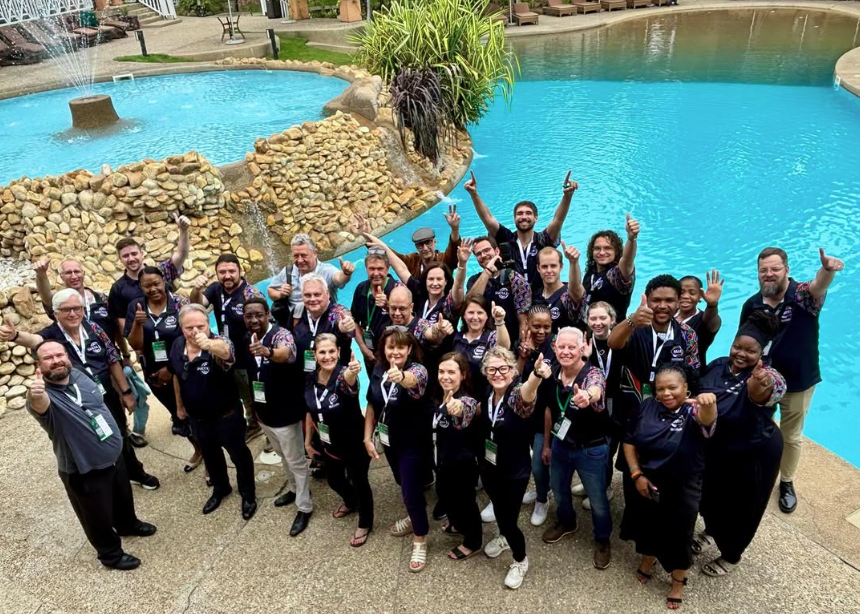- Understand the Customer’s Needs:
Closing the deal begins long before the final stage of the sales process. It starts with a thorough understanding of your customer’s needs, pain points, and goals. Take the time to listen actively and ask probing questions to uncover their specific requirements. Tailor your approach and solutions to address their unique challenges, making it easier to close the sale successfully. - Build Trust and Rapport:
Trust is a fundamental element in closing sales successfully. Establishing a genuine connection with your customers builds rapport and confidence in your ability to deliver value. Be authentic, empathetic, and transparent in your interactions. Show that you genuinely care about helping them solve their problems and achieve their objectives. - Present Compelling Value Propositions:
To convince a prospect to close the deal, they need to see the value in your product or service. Clearly articulate the unique benefits and advantages your offering brings to the table. Highlight how it solves their specific pain points and provides a significant return on investment. Use real-life examples, case studies, and testimonials to demonstrate the value you have delivered to other satisfied customers. - Overcome Objections with Effective Sales Negotiation Tactics:
Objections are a natural part of the sales process, but successful salespeople know how to handle them effectively. Anticipate and address objections proactively by providing relevant information and alleviating concerns. Use effective sales negotiation tactics such as the feel-felt-found method, where you acknowledge their concerns, empathise with their feelings, and present a solution or success story that showcases how others have benefited from your product or service. - Create a Sense of Urgency:
Closing the deal often requires creating a sense of urgency to motivate prospects to take action. Highlight limited-time offers, exclusive promotions, or scarcity of available products or services. Effective sales techniques like offering incentives or bonuses for immediate action can help tip the scales in your favour and encourage prospects to make a buying decision. - Ask for the Sale:
Sometimes, closing the deal simply requires asking for the sale. After presenting the value, addressing objections, and building rapport, it’s essential to confidently ask your prospect if they are ready to move forward. Use assumptive language, such as “When would you like to get started?” or “Which package option works best for you?” This direct approach often prompts a definitive response and expedites the closing process. - Continuous Learning and Improvement:
Closing deals successfully is an ongoing process of refinement and improvement. Continuously seek opportunities to enhance your sales skills and stay updated with the latest industry trends and techniques. Consider signing up for a comprehensive sales training short course like the “Art of Selling” course offered by the Institute of Marketing Management South Africa. This course provides valuable insights and practical knowledge to help you master the art of closing sales effectively.

Conclusion:
Closing the deal is the culmination of your sales efforts, and by implementing proven techniques and effective sales strategies, you can increase your success rate and achieve your sales goals. Remember to understand your customer’s needs, build trust and rapport, present compelling value propositions, overcome objections, create a sense of urgency, and confidently ask for the sale. Continuous learning and improvement are crucial for ongoing success in closing sales. With dedication and the right mindset, you can become a master at sealing the deal and driving your sales career forward.
















